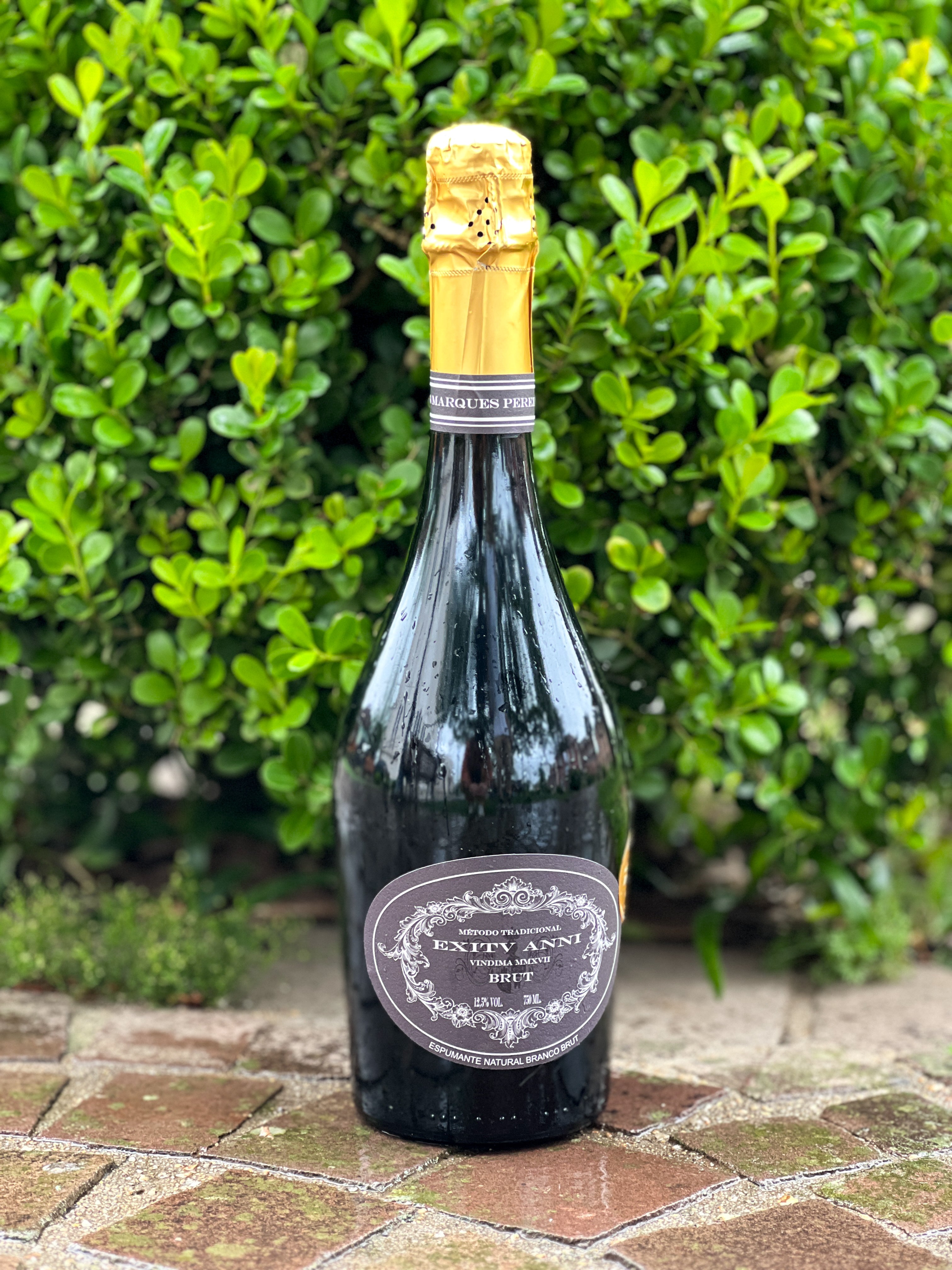What is terroir ?
What does this expression, so common yet so complex in the world of wine, represent? Understand the notion of belonging to a place of origin and its power in the construction of terroir .
What does Terroir mean?
The French word "terroir" comes from the Latin " terra," literally meaning soil, ground, or region. In the world of wine, few words can express so much meaning and provoke so much fascination and curiosity, but despite the power it holds today, believe it or not, it wasn't always this way. Incredibly, until the mid-18th century in Europe, terroir was a characteristic that producers didn't want their wines associated with, as labels featuring " gôut de terroir," or earthy taste, indicated that the flavor was compromised by defects or symbolized the low quality of the vineyards.
Fate decreed that this word, or this sense of connection to the land, would gain royal status to overcome a war that changed the course of the history of grapes and wine. Between 1830 and 1870, the wine-growing world faced its greatest challenge in overcoming the phylloxera plague, which crossed the sea from America to infest the defenseless European vineyards and decimate hundreds of hectares of centuries-old grapes.
The resurgence of traditional wine-producing regions, which now needed to compete with the New World of wine, was based on the notion that this soil, or terroir, so rich in tradition, also contained unique characteristics that could not be found elsewhere, and therefore its wines would be an unparalleled product.
What defines terroir ?
In the world of winemaking, terroir is basically the sum of the characteristics of the soil, climate, geography, and even the culture of a particular production location. A good way to understand this phenomenon is to try to see it like music. A masterpiece depends on each musician contributing unique and perfect notes; this is the "symphony" of wine, with terroir as its instruments. Each element contributes to creating this feeling of belonging to the place where the grapes grow and the inevitable identity of the wine.
This magic means that the impact of terroir is not a matter of absolute consensus among scholars, with some saying that human action is not part of this concept, while others insist that the "conductor of the symphony" is indeed responsible for choosing the techniques for making their wine. In any case, let's try to define and understand which elements contribute to creating this typicity in wines.
- Climate: Without a doubt, an unquestionable and difficult-to-control factor is the temperature, rainfall, humidity, wind, and other characteristics that are specific to each production area, defining why some grape varieties are so prominent in some places and hardly produced in others. Even more incredible is the impact of the microclimate, with subtle differences between nearby areas, sometimes even in neighboring vineyards that have slight differences in humidity or temperature throughout the day.
-Soil: Also a very powerful indicator of terroir, the characteristics of the soil can even define whether an area will allow grapes to grow there. Sandy or clayey soils, deep or stony, rich in minerals or poorer, even the ancestral rock that originated this soil is important for the identity of the wine that will be born there.
Topography: Whether it's gentle plains or rugged mountains, vineyards at sea level or at high altitudes, each grape variety adapts and responds in a unique way.
-Culture: This element is, at the very least, controversial. Even if one can say that the grape does not depend on man to achieve its natural characteristics, it is difficult to ignore years, and even centuries, of cultivation and winemaking techniques, with almost ritualistic traditions that span generations in the pursuit of consistency and perfection in the creation of emblematic labels.
Today, the impact of grape cultivation on wines is undeniable. Even though initially, producers in newer regions focused their efforts on demonstrating that it's possible to produce high-quality grapes beyond the borders of their traditional strongholds, greatly enhancing the reputation of the varieties and winemaking techniques, it's interesting to note that this terroir , in a way, is born precisely from this effort. It's a consequence of this continuous pursuit of improvement, of understanding the fruits that grow from the land, from the soil, and of fully expressing, encapsulating in bottles, the very identity of the vineyards and their history.















